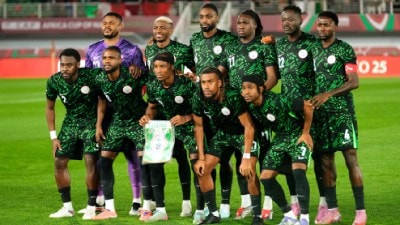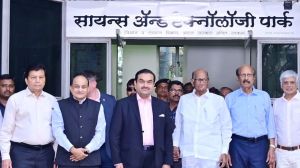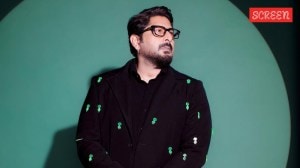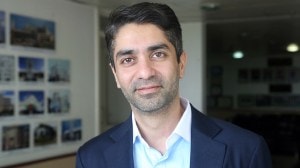Bush stays, so does Karzai
On Wednesday, the United Nations-Afghan Joint Electoral Management Body announced Karzai won over 55 per cent of the October 9 vote after an...

On Wednesday, the United Nations-Afghan Joint Electoral Management Body announced Karzai won over 55 per cent of the October 9 vote after an independent investigation panel ruled polling day irregularities had not materially affected the outcome.
Three years after being handpicked by Washington to lead an interim government following the overthrow of the Taliban by US and Afghan resistance forces, Karzai is still dependent on nearly 28,000 US and NATO troops to guarantee security and fight an insurgency in southern provinces by remnants of the Taliban.
US policy towards Afghanistan, heavily influenced by President George W. Bush8217;s Afghan-born ambassador to Kabul, Zalmay Khalilzad, revolves around Karzai forging some semblance of unity in a country riven by sharp ethnic divides.
But critics say he needs to avoid making too many compromises in order to please leaders of Afghanistan8217;s myriad ethnic and political groups.
8216;8216;He can8217;t take decisions. The man who has responsibility in a presidential system has to be able to take decisions,8217;8217; said Homayoun Shah Assefy, who ran against him in the presidential race.
And with their own election settled, Afghans watched the US Presidential race with keen interest on Wednesday, mindful that their country8217;s future is inextricably linked to whoever takes the White House.
For many Afghans, the result is the best they could have hoped for.
8216;8216;Afghans want George Bush,8217;8217; said Noor Aziz, a translator working for the US Embassy in the capital, Kabul.
8216;8216;Bush supports Karzai, so it makes sense for us to support him. We know he has a plan for Afghanistan, but with Kerry we are not so sure.8217;8217;
On the surface, the US election has passed largely unnoticed in Afghanistan, which is still digesting the novelty of its own presidential race8212;the first in the country8217;s turbulent history.
But with over 18,000 US troops in Afghanistan either hunting Osama bin Laden and other Al Qaeda leaders or engaged in reconstruction and development work, most Afghans know the result of the US election is just as crucial to their future.
Former President Burhanuddin Rabbani, still an influential figure, said: 8216;8216;Whoever they choose as president, we will have the sense to make friends with them.8217;8217;
- 01
- 02
- 03
- 04
- 05































